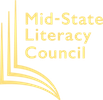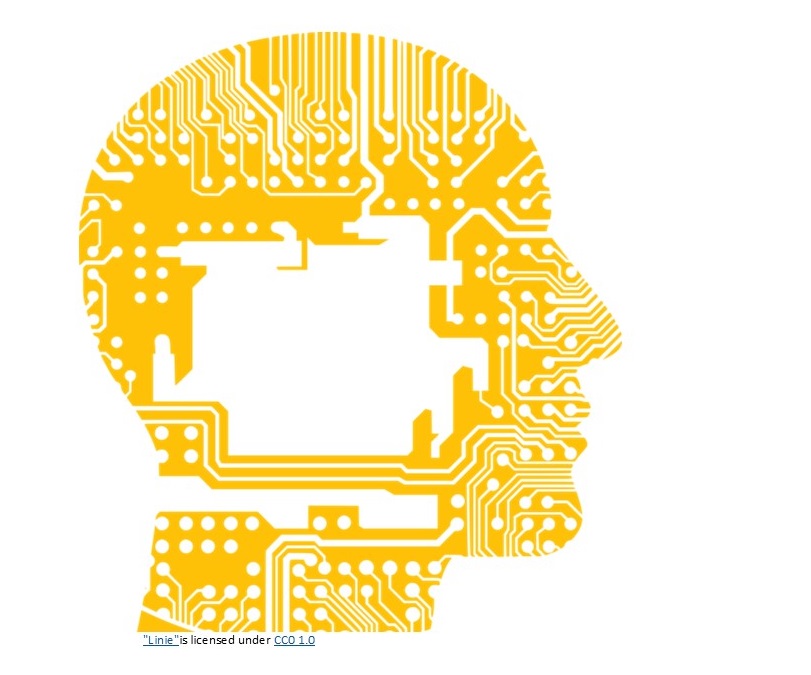Are There Advantages to a Bilingual Education?
By Karen W. Loerch, Literacy Coordinator, The Mid-State Literacy Council
In 2020, we are starting a new series for our blog about the smart technology that all of us own – our brains. We kick off with an article about the benefits of knowing a second language. Stay tuned for more in the year ahead…
A cognitive neuroscientist, Ellen Bialystok, has been studying the advantages of being bilingual for over 40 years. Dr. Bialystok is a distinguished research professor of psychology at York University in Toronto. She was awarded a $100,000 Killam Prize for her contributions to social science. Her research was rather astounding, so I delved into it. According to Dr. Bialystok, the regular use of two languages may delay the onset of Alzheimer’s disease. In her interview, she explained how the bilingual brain works:
There’s a system in your brain, the executive control system. It’s a general manager. Its job is to keep you focused on what is relevant, while ignoring distractions. It’s what makes it possible for you to hold two different things in your mind at one time and switch between them. If you have two languages and you use them regularly, the way the brain’s networks work is that every time you speak, both languages pop up and the executive control system has to sort through everything and attend to what’s relevant in the moment. Therefore, the bilinguals use that system more, and it’s that regular use that makes that system more efficient.
This efficiency, practice, and cultural diversity enable the bilingual brain to have an overall advantage. Dr. Bialystok emphasized two benefits of bilingualism. One is that people pass their heritage language onto their children, thereby connecting children to their ancestors. The second is that research proves that bilingualism is good for your brain because it makes it stronger.
I think the most impressive conclusion in the research was the connection to Alzheimer’s. The researchers did two kinds of studies. In the first, published in 2004, they found that normally aging bilinguals had better cognitive functioning and more success working on executive control tasks. These results surprised the researchers because they realized these results were never accounted for before. In the next study, they looked at the medical records of 400 Alzheimer’s patients. On average, the bilinguals showed Alzheimer’s symptoms five or six years later than monolinguals. The results showed the bilingual adults coping better with the disease because the onset was later which gave them more years with higher brain function.
In a more recent study in 2017, the results were quite similar to the previous studies which again revealed more evidence to support the idea that education can lead to a better quality of life as we age.
So why not make a resolution to retrain your brain this year, discover a new craft, explore a new interest – maybe even learn a new language? Many of the adults who come to Mid-State do just that, whether they are 18 or 82. In today’s world, no can afford to stop learning. Celebrate your brain this year and start a learning journey toward wellness and newfound knowledge. There’s a whole world to choose from. Bon voyage!
References
Dreifus, C. (2011, May 30). The bilingual advantage. Retrieved from https://www.nytimes.com/2011/05/31/science/31conversation.html
NeuroImage. Volume 167, 15 February 2018, Pages 143-150. Effects of bilingualism on white matter integrity in older adults



